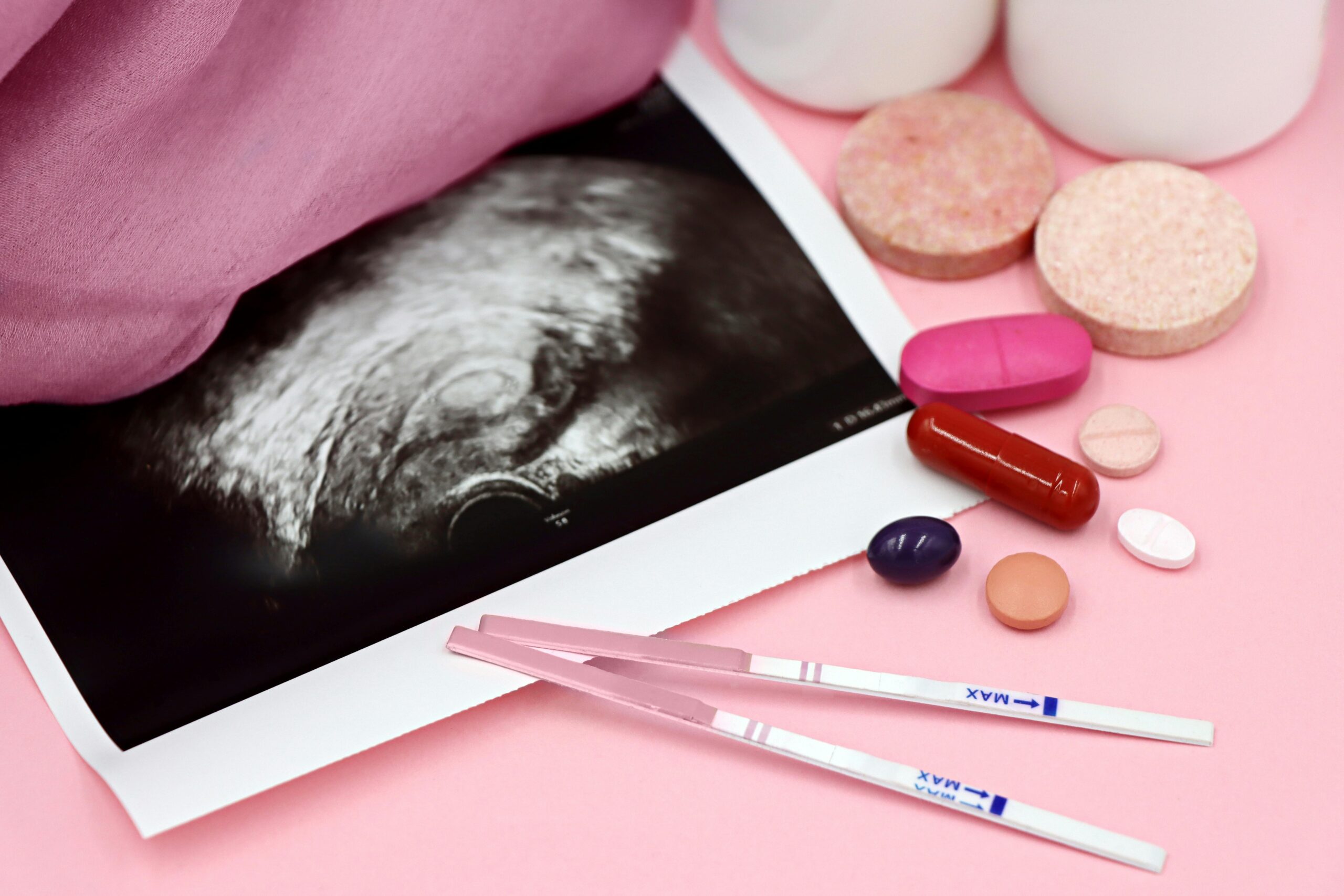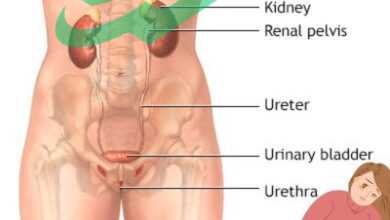11 reasons that may cause infertility

Infertility incidence is equal in all.
It is necessary to know that infertility does not come from its source and its only cause is from women.
Therefore, do not put all the blame on you, as one third of infertility problems come from men, while the other third is caused by women,
while the last third It is a combination of common problems between the two partners,
and thus we find that infertility is not just a “female problem,”
but rather it represents a problem for anyone interested in procreation.
Age
For example, it is expected that a woman’s fertility will end approximately 5 to 10 years before she reaches the age of final menopause,
meaning that in general, after passing the age of thirty-five years, both the number of eggs produced and their quality begin to decrease significantly.
Smoking as a cause of infertility
Studies have shown that smoking causes women to reach menopause four years earlier than the normal rate,
and that among those who became infertile, the percentage of smokers was two-thirds to one-third of non-smokers.
Sexually transmitted diseases
Among these diseases we mention: chlamydia and also gonorrhea, as these diseases may affect or damage the Fallopian tubes, which may make the pregnancy process difficult.
They may also cause infertility for various reasons other than what we mentioned.
Abnormalities of the uterus or cervix
These deformities include, for example, benign, malignant, and fibrous tumors, and all of this,
of course, in addition to its health harms, affects fertility directly, since the uterus is the home of the fetus.
Exposure to chemicals
It is not a good thing at all to be exposed to harsh chemicals, especially concentrated ones, as they cause many health problems, including fertility problems,
so it is necessary to avoid them.
read: Maximize Your Reproductive Health: 9 Tips to Increase Sperm Count
Radiation treatments as a cause of infertility
Radiation treatments are used to treat cancer.
The problem here for those who are exposed to these treatments is that they negatively affect fertility, which may lead to complete sterility.
Therefore, it is necessary to follow up your condition with tests that show the health of your reproductive system
in order to know if you have been exposed or are being exposed to radiation.
Excess weight as a cause of infertility
Weight plays a major role in your fertility.
In fact, both obesity and eating disorders in general are among the most common causes of infertility,
which can lead to They are prevented, because ovulation usually resumes after reaching a normal weight.
Hormonal imbalance as a cause of infertility
In order for pregnancy to occur naturally, your hormones in your body must be in their natural proportions and there are no mutations or deficiencies in them.
This is because they may directly or indirectly affect the reproductive system and thus fertility.
The hormonal imbalance may even lead to what is known as temporary or permanent infertility.

Some diseases
Such diseases that affect fertility include, for example, but are not limited to:
irregular menstruation, problems with the uterine lining, ovarian cysts, what are known as uterine fibroid, or endocrine disorders.
Here, in order to get rid of the effects of infertility, it is necessary to treat any of the following: those diseases.
Not following a healthy lifestyle
Not getting enough sleep, not eating healthy food, not getting enough rest,
and being deficient in nutrients all affect fertility and pregnancy,
and all of these factors may cause infertility.
Ovulation problems
It is necessary to know that approximately 25% of infertility problems are caused by problems with ovulation.
For example, these problems include: the timing of ovulation is determined incorrectly,
or the menstrual cycle is not regular, or the woman suffers from ovulation disorders that affect the release of eggs.
From both ovaries, this is of course not to mention other problems, namely hormonal disorders, hyperprolactinemia, and even any excess or deficiency of thyroid hormones.




One Comment